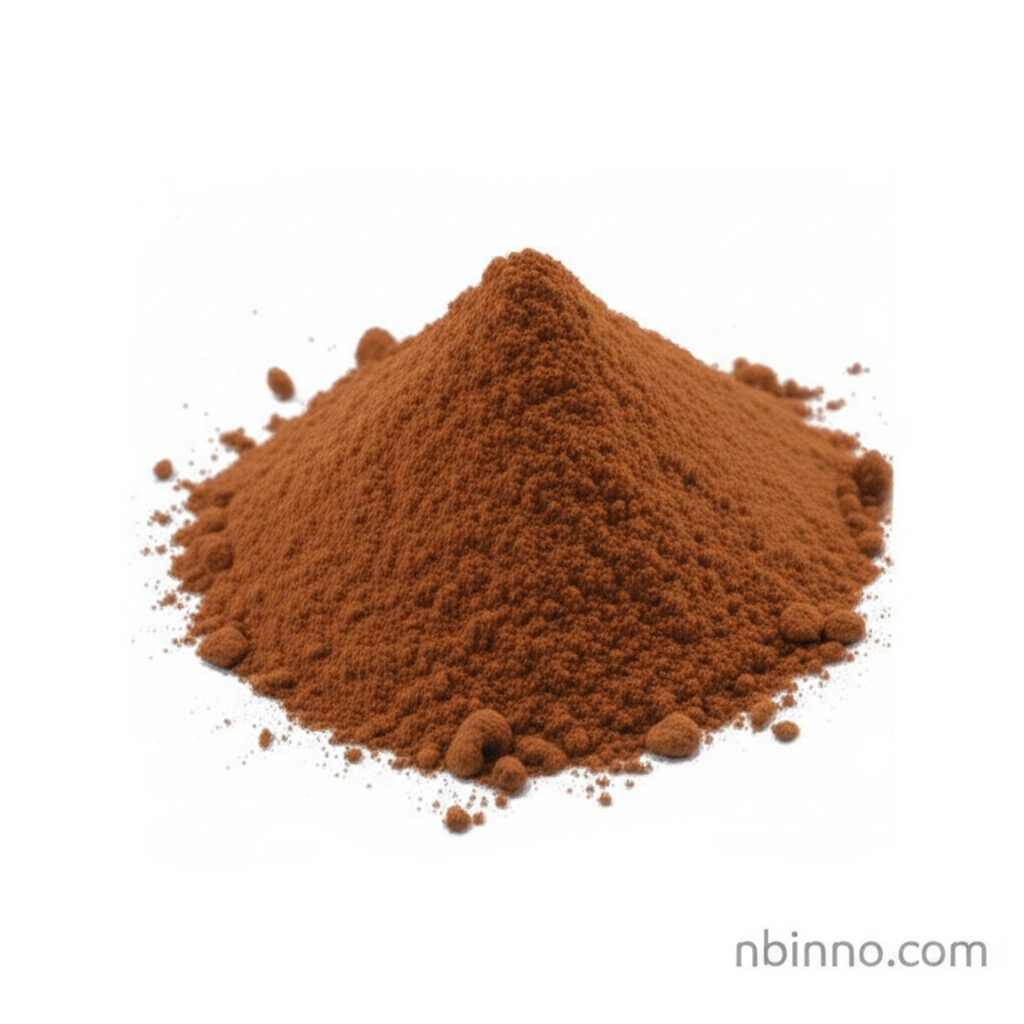Ethionamide (CAS 536-33-4): A Key Antimycobacterial Agent
Explore the critical role of Ethionamide in fighting tuberculosis and understanding drug resistance.
Get a Quote & SampleProduct Core Value

Ethionamide
Ethionamide is a vital antimycobacterial antibiotic, recognized for its efficacy against *Mycobacterium tuberculosis*. It functions as a prodrug, requiring metabolic activation within bacterial cells to exert its therapeutic effect. This activation process leads to the inhibition of key enzymes in the biosynthesis of mycolic acid, an essential component of the mycobacterial cell wall.
- Ethionamide mechanism of action involves activation to an intermediate that targets the InhA enzyme, crucial for fatty acid synthesis.
- Ethionamide uses tuberculosis treatment, particularly as a second-line agent for multi-drug resistant strains.
- Ethionamide prodrug activation is a key step in its antimicrobial activity against *M. tuberculosis*.
- Ethionamide against M. tuberculosis demonstrates effectiveness by disrupting cell wall integrity.
Key Advantages
Broad Antimycobacterial Spectrum
Ethionamide is highly effective against *M. tuberculosis*, offering a crucial treatment option for resistant strains and contributing to our understanding of ethionamide drug resistance.
Inhibition of Biofilm Formation
Beyond its direct effect on bacterial growth, ethionamide is also known to inhibit both the formation and viability of mature biofilms, adding another layer to its therapeutic utility.
Research Tool for Drug Development
Its well-defined mechanism and interaction with drug resistance pathways make Ethionamide CAS 536-33-4 an invaluable tool for research into new anti-TB therapies and understanding ethionamide metabolite formation.
Key Applications
Tuberculosis Treatment
Ethionamide is a cornerstone in the treatment of tuberculosis, especially when primary treatments fail or are not tolerated, making ethionamide uses tuberculosis a significant area of medical research.
Multi-Drug Resistant TB Management
It plays a critical role in managing multi-drug resistant tuberculosis (MDR-TB), providing an effective option for patients with challenging infections.
Antimicrobial Research
The compound serves as a vital research subject to understand microbial resistance mechanisms and to discover novel antimicrobial strategies.
Biofilm Inhibition Studies
Its ability to disrupt mycobacterial biofilms makes it important for research into persistent infections and novel therapeutic approaches.
